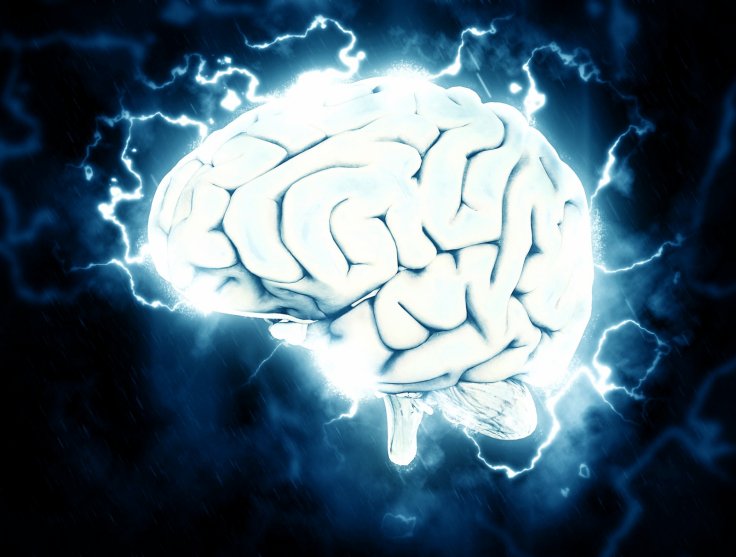
Learning physics, especially by solving problems will make new areas of brain become active and increases reasoning power, said a new study. So far the belief was that mathematics makes the brain sharp but now physics too will join the ranks.
Led by Eric Brewe in Drexel University's College of Arts and Sciences, and Jessica Bartley, a graduate student at Florida International University, the team conducted an experiment that showed that the brain's activity can be modified by different forms of instruction. They measured these areas using fMRI or functional magnetic resonance imaging.
"The neurobiological processes that underpin learning are complex and not always directly connected to what we think it means to learn," Brewe said.
More than 50 volunteer students have been roped in for the study in which they were taught physics using "Modeling Instruction," a style of teaching that encourages students to be pro-active in learning.
After they completed the physics lesson, they took the Force Concept Inventory, which is a test to assess their understanding of concepts taught. They are again monitored by fMRI.
In the pre-instruction scans, parts of the brain associated with attention, working memory and problem solving — the lateral prefrontal cortex and parietal cortex, showed activity. "This suggests that learning physics is an imaginative process, which is not typically how people think of it," Brewe said.
Comparison of the pre- and post-learning scans showed a considerable increase of activity in the frontal poles, which have been linked to learning in the brain. But they found another area that also became active, that is, the posterior cingulate cortex, which is linked to episodic memory and self-referential thought.
"These changes in brain activity may be related to more complex behavioral changes in how students reason through physics questions post- relative to pre-instruction," Brewe wrote in the paper. "These might include shifts in strategy or an increased access to physics knowledge and problem-solving resources."
But why physics?
Physics deals with things that people have direct experience with, making formal classroom learning and informal understanding both relevant and sometimes aligned — and sometimes contrasted. In addition, physics is based on laws, so there are absolutes that govern the way the body works, Brewe explained.
"I would like to follow up on the question of mental simulations in physics, to see where that shows up at different levels of physics learning and with different populations," he said.
The findings were published in Frontiers in ICT.
What about mathematics?
It is generally believed that having a "good memory" makes mathematics easier. In fact, many mathematicians are creditedwith a good memory starting from Ramanujam to Albert Einstein. To put it differently, "mathematicians are using their brains and mathematics to further mathematics' domains and to get further insight into how mathematics gives insight into brains," said a research paper.









